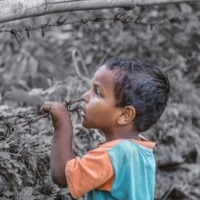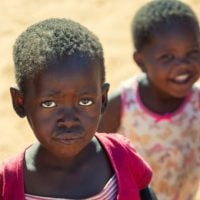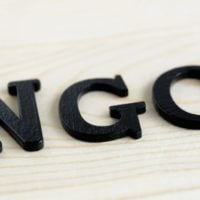Deadline: 26-Nov-21
Applications are now open for the Irish Aid’s Development Education Funding that aims to increase awareness and understanding of global development issues among the Irish public.
Development education is a lifelong educational process which aims to increase public knowledge and understanding of the rapidly changing, interdependent and unequal world in which they live. By challenging stereotypes and encouraging independent thinking, development education helps people to critically explore how global justice issues interlink with their everyday lives.
The funding for development education enables them to work in partnership with educators across the primary, post-primary, higher education, youth and adult and community education sectors to increase the accessibility, quality and effectiveness of development education in Ireland.
Projects and programmes approved for development education funding share the following characteristics:
- Contribute to the learner’s knowledge and understanding of global justice issues and facilitate the learner to engage with multiple perspectives
- Enhance the learner’s skills and competencies, placing particular emphasis on the development of critical thinking skills
- Strengthen the leaner’s values and attitudes, supporting the learner to recognise their global interconnectedness and consequently their rights and responsibilities as global citizens
- Promote action at a local and global level, empowering the learner to engage in individual and/or collective action to bring about a positive difference in the world
All projects and programmes approved for development education funding have a strong focus on achieving the results set out in the Development Education Strategy 2017-2023 and the Performance Measurement Framework and contribute to awareness raising of and engagement with the Sustainable Development Goals.
Funding Information
- Grants are allocated in the range of €10,000 to €180,000 annually. In 2022, applications can be submitted for projects with a duration of one, two or three years.
Outcomes
- An enabling and coherent policy environment for Development Education at local, national and European levels
- Maximised capacity, collaboration, partnership and coherence of Development Education partners to enhance the quality, delivery, impact and communication of Development Education
- Further integration and mainstreaming of quality Development Education in formal education curricula, programmes and structures
- Increased integration, quality and spread of Development Education in nonformal education curricula, programmes and structures
- Increased awareness within the education sector of Ireland’s development cooperation programme and the UN Sustainable Development Goals
Eligibility Criteria
- Organisation Status: Applicant organisations must have a charitable tax exemption from the Irish Office of the Revenue Commissioners i.e. be the holder of a charity reference number (CHY), or hold a current Tax Clearance Certificate.
- Governance: Applicant organisations must have a formal decision-making structure which can take legal responsibility for the administration and use of Irish Aid funds.
- Dependency on Irish Aid: Income received from Irish Aid, either directly or indirectly, must not exceed 90% of the overall organisational income of the applicant organisation.
- Funding Status: Applicant organisations in receipt of a Programme Grant from Irish Aid, or who are Strategic Partners of the Development Education Unit, are not generally eligible to apply for the development education grants, except in the case of applications for DEAR Co-funding.
- Focus of Work: Applicant organisations and/or institutions that are undertaking development education activities or education activities must include a development education perspective aimed at members of the Irish public.
- Record of Compliance: Applicant organisations previously in receipt of Irish Aid funds must have a record of compliance in terms of the administration and use of such funds, i.e. have submitted financial and narrative reports as per agreed schedules in previous contracts, and a signed Certificate of Assurance. Applicants which have a previous record of non-compliance with the terms of an Irish Aid contract may not be considered for funding.
- Child Protection: Organisations who work with children and young adults under the age of 18 must have child protection policies in place that are in compliance with the Children First Act 2015.
For more information, visit https://www.irishaid.ie/what-we-do/who-we-work-with/civil-society/development-education-funding/









































